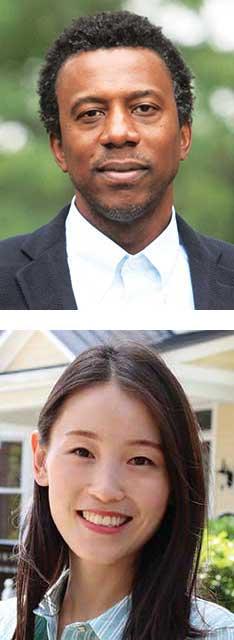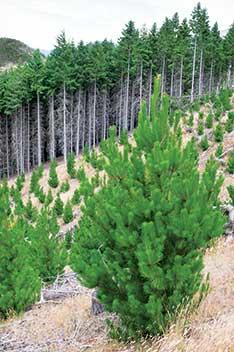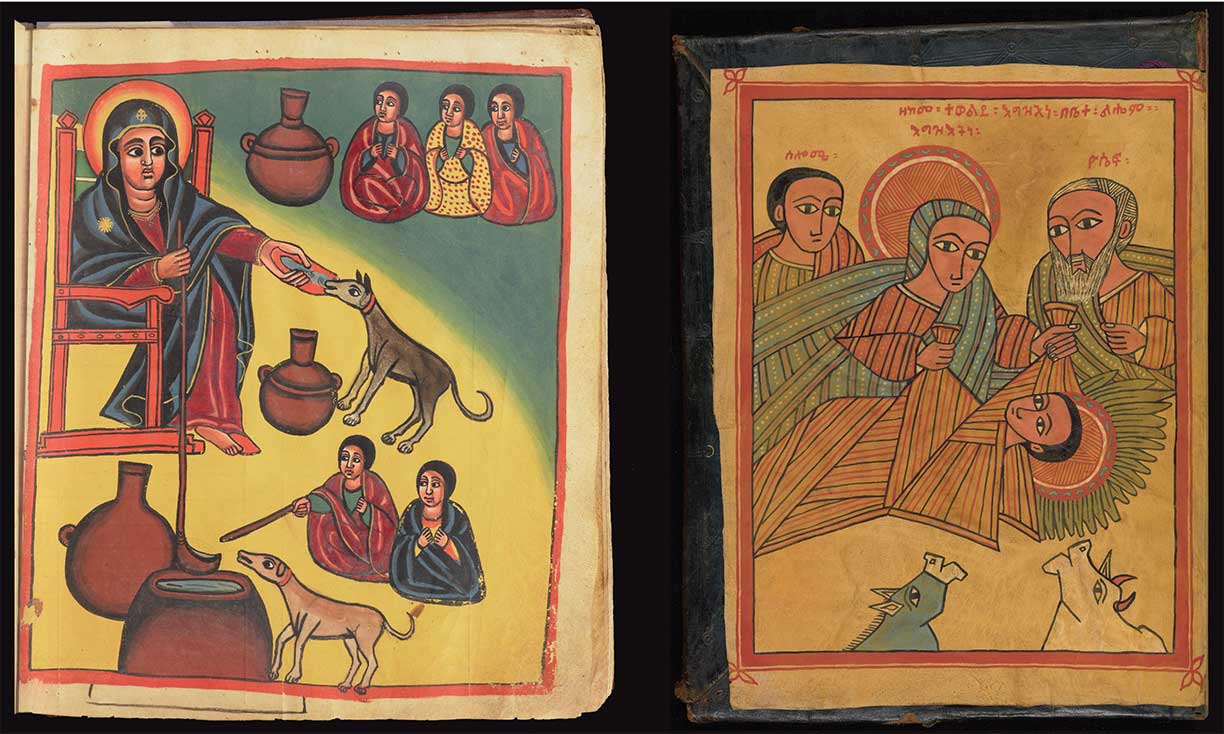Professor Wendy Belcher has been awarded two grants totaling over $600,000 from the National Endowment for the Humanities in support of a
DIGITAL HUMANITIES PROJECT focused on understudied African texts. The Princeton Ethiopian, Eritrean, and Egyptian Miracles of Mary project (PEMM) will catalog a vast collection of miracle stories about the Virgin Mary written and illustrated between 1300 and the present (above). The project team will translate the texts from Gǝ’ǝz (classical Ethiopic) into English and make them available, along with images and related scholarship, through an open-access web portal.
A team of computer scientists and neuroscientists co-led by Professor H. Sebastian Seung has completed a five-year project mapping one cubic millimeter of THE VISUAL NEOCORTEX of a mouse. The publicly available dataset, the largest of its kind, offers detailed 3-D renderings of 200,000 brain cells and nearly 500 million synapses. Although the goal of the project was to improve machine learning by tracing connections within the brain, the results could also help neuroscientists and medical researchers understand and treat brain disorders.
From top: Priestley; Xu
Photos from top: Frank Wojciechowski; Lingzhi Cai
Reforestation may help fight climate change more than expected.
iStock/georgeclerk
A paper published in the Proceedings of the National Academy of Sciences suggests that reforestation may be more effective than expected at FIGHTING CLIMATE CHANGE. Professor Amilcare Porporato, graduate student Sara Cerasoli, and former postdoctoral fellow Jun Ying used modeling to test a theory that planting trees in temperate regions could have a warming effect due to the large amount of solar radiation that trees absorb. They found that clouds tend to gather more frequently above forested areas, creating a cooling effect that counteracts the forests’ trapped heat. By Joanna Wendel ’09














No responses yet